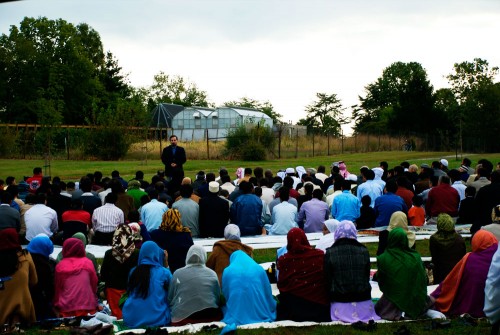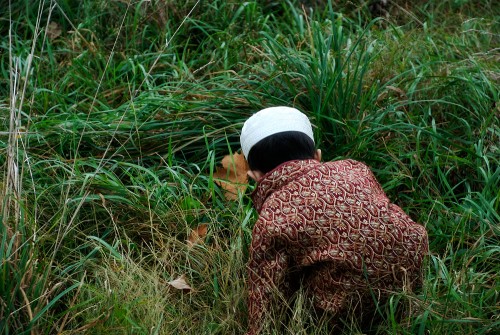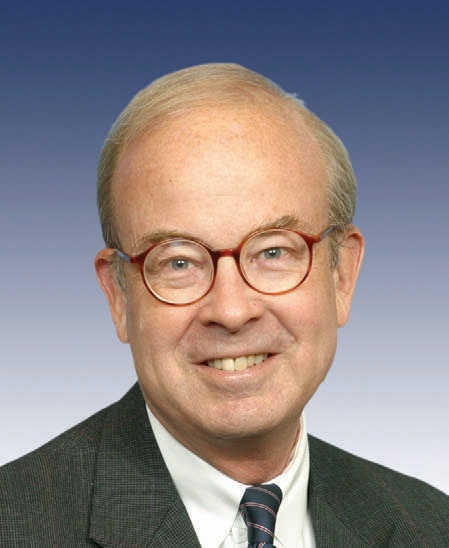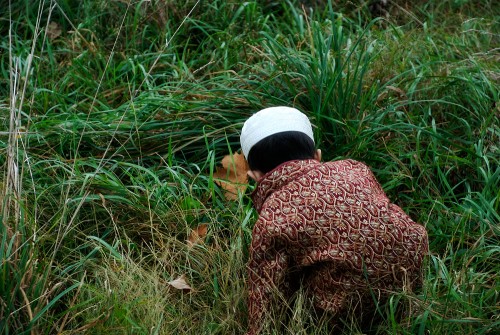 Islam is green by nature, and Ramadan offers a chance to make a big impact.Shawna AyoubAfter my grandfather had a stroke, the doctor said he might not walk again. He also said that getting him to challenge himself — to give walking a true try — was critical to his physical and emotional recovery. My grandfather took his first steps only a week after the near total paralysis of his left side.
Islam is green by nature, and Ramadan offers a chance to make a big impact.Shawna AyoubAfter my grandfather had a stroke, the doctor said he might not walk again. He also said that getting him to challenge himself — to give walking a true try — was critical to his physical and emotional recovery. My grandfather took his first steps only a week after the near total paralysis of his left side.
While he never regained his easy gait, he also never let his slow, strained shuffle hinder him. Mornings, he made ten laps back and forth on the Lebanese mountain road outside the gates of his house. When I visited Lebanon, I walked with him, helping him stoop and clear the trash — plastic bags, Pepsi bottles, paper, cigarette butts — that passersby had tossed out their windows onto the road. It was close to the time Jiddo died that I learned clearing the roads wasn’t so much a physical exercise as a spiritual one.
The responsibility Muslims hold in man’s divinely bestowed role as the world’s vicegerents extends to the planet’s health. We know that removing litter from the road is considered an Islamic charity (Sahih AlJumea). We also know that God loves those who do not waste (Qur’an 7:31). In fact, Muslims are specifically commanded to eat fruit in its season and refrain from wasting the goods from this earth (6:141). Multiple examples from the life of the Prophet Muhammad (ahadith), peace and blessings be on him, instruct us to conserve water, avoid overeating, and care for animals and plants in need.
Islam is by its nature a “green” religion — and Ramadan, the Islamic month during which fasting is prescribed for all able Muslims, offers a chance for the 1.2 billion of us worldwide to make a huge and hugely positive environmental impact.
There is more to a Ramadan fast than abstention from food, drink, and sex during the daylight hours. An Islamic fast also requires the participant to refrain from angry activities and discourse, and good deeds are strongly encouraged. The standard for good deeds is that they be charitable in nature, such as feeding the poor and taking care of orphans. Ramadan is capped off with a community-oriented feasting day called Eid al Fitr during which an obligatory tax (zakat) is collected that is redistributed to the needy.
While there is no disputing the social and economic value of feeding the hungry and nursing the sick during this holy month, it is just as important that we remember to take care of the world for which we are the inheritors.
Simply by not overeating before or after our fast, we can contribute to global health — and our own. In a recent article for the Washington Post, Zafar Nomani, professor emeritus of human nutrition and foods at West Virginia University, noted that, “During Ramadan, research has shown that the basal metabolism of fasting subjects slows down. A person can stay healthy and active during Ramadan consuming a diet that is less than the normal amount of calories or food intake but balanced in nutrients.”
Even if only 50 percent of the estimated 7 million Muslims living in the United States fast during Ramadan, if that fast eliminates our weekly cheeseburger (or meat and rice equivalent) and we do not over consume to compensate for a missed meal, that means the American Muslim community could reduce U.S. CO2 output by 60,900 metric tons during Ramadan alone. That’s the equivalent annual CO2 output of 6,090 SUVs!
Further, we often pay attention to how our meat is slaughtered with little or no regard to how it was raised. Many local farms allow us to do our own slaughtering on their premises. This gives us a choice come Eid, when ritual animal sacrifices are made and the meat shared out to our neighbors and the poor. We can elect to purchase our animals (and vegetables) from farms that use sustainable agricultural methods. We may pay a slight premium, but isn’t it worth it if, when we go before God on the Last Day, among our deeds it will be recorded that we chose from the animals that were responsibly and compassionately raised to offer as our sacrifice?
 Go ahead — start small.Shawna AyoubWhat else can you do? Begin with the next fast-breaking dinner (iftaar) you host or attend. Collect recyclables such as soda cans and plastic bottles and drop them off at your local recycling center. Choose reusable dishes instead of disposables. If you’re attending a nightly community dinner at a mosque, set up a dishwashing schedule that will let your Muslim brothers and sisters rake in the blessings by pitching in once a week.
Go ahead — start small.Shawna AyoubWhat else can you do? Begin with the next fast-breaking dinner (iftaar) you host or attend. Collect recyclables such as soda cans and plastic bottles and drop them off at your local recycling center. Choose reusable dishes instead of disposables. If you’re attending a nightly community dinner at a mosque, set up a dishwashing schedule that will let your Muslim brothers and sisters rake in the blessings by pitching in once a week.
While you’re at it, set up a Freecycle-style program for Eid gifts that allows community members to exchange goods or gently used toys. Not only will you save money that can later be donated to the poor, you will avoid buying new items that can be toxic for the planet and for your health. Encourage your community to get educated and organized in order to contribute, perhaps by planting an organic vegetable garden on the mosque lawn.
If you aren’t fasting or have no local community, you can still chip in. Walk to the mosque for prayers (and gain rewards) or carpool when you travel. Consider putting in some time at a soup kitchen or homeless shelter. You could even donate some of your time to the Humane Society. You can join groups such as Green Ramadan that have popped up online with the goal of a global green effort for one month each year.
Like my grandfather, we can all do our part in a small way. Each individual act is like a pebble in a pond that sends out ten ripples. Who knows how far those miniature waves will reach or what good they may carry?
Ramadan is a month of hyperawareness achieved through the challenges of the body in order to strengthen the soul. Every good deed is one that contributes to this renewal. And each one can contribute to the renewal of our planet, too, whether your efforts are individual or communal.
There are still plenty of blessed days left this Ramadan. Challenge yourself and strengthen your soul, and by doing so, earn the rewards of the next life. Make this Ramadan your greenest ever.



